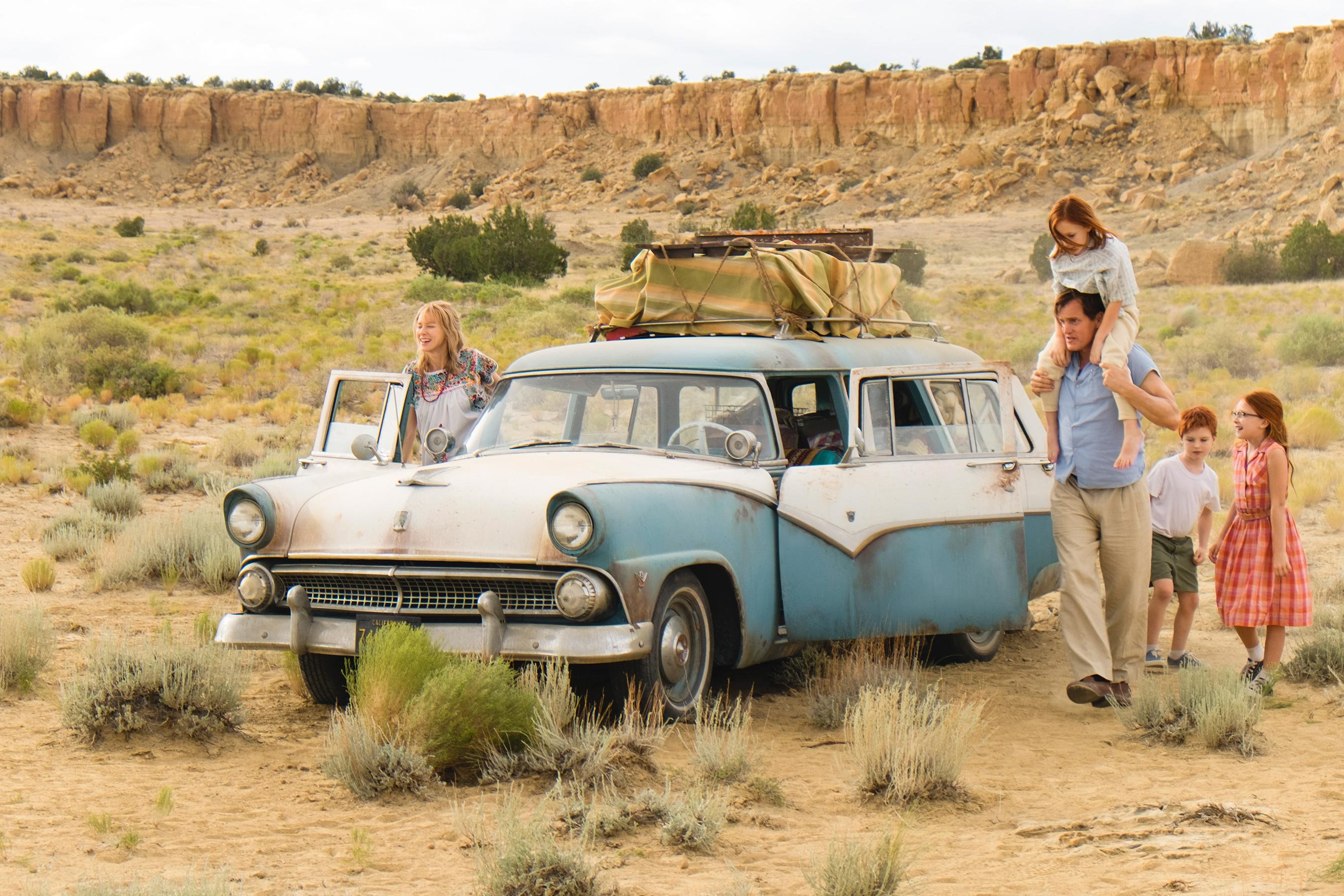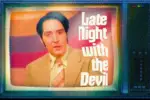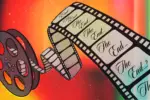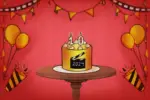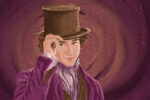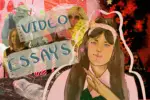Jeannette Walls’ memoir ‘The Glass Castle’, illustrates her jarring family dynamics—how she was forced to grow up and fend for herself at a very early age, with an alcoholic father and a neglectful artist for a mother. She writes about her parents’ mental illness and constant fixation with adventure, often at the cost of their children’s safety. It’s a need for adventure and creation that fuels her dad’s pipe dream of building the glass castle—a house of their own, completely unbreakable. Jeannette dedicates the first part of her life to the promise of a castle, but she never gets to see her vision come to life.
In the recent film adaptation of Jeannette’s story, filmmaker Destin Daniel Cretton works to capture the writer’s life in a series of portraits that transition back and forth between obstacles in the Walls’ childhood and adult lives. Brie Larson, made famous in Cretton’s second feature film “Short Term 12,” plays Jeannette in her teenage and adult years, and Woody Harrelson acts as her father. Another Hollywood actress, Naomi Watts, plays Jeannette’s mother.
Audiences have had mixed reactions to Cretton’s adaptation of the book. It’s important to recognize that there are many different types of audience members, though. There are the die-hard glass castle fans who walk apprehensively into the theater, crossing their fingers for a miracle, but there are also the viewers who have never even read the book. A middle ground exists, too: the book fan who’s not entirely closed off to the possibility that a movie adaptation is a good idea. I think a lot of readers fall into this middle category.
If you walk into the experience determined to hate the movie, you’re going to succeed at hating it. On the other hand, from what I’ve come to realize, if you approach the movie as its own art, working to achieve something slightly different than what Jeannette Walls does on her own, you might be able to find a few poignant diamonds in there somewhere. Separating the two might be a long shot for most, though, considering how hard it is to erase any and all personal connections you have to the original story told in writing.
For all of you who fall under the first category of audience member, the back and forth element that Cretton employs between the characters’ past and present realities might be super disconcerting at first. Walls really only touches on her adult life at the end of the book, but the movie spends a good deal of time highlighting what goes on later in her life. Different modern vignettes are woven in contrast with the characters’ younger experiences.
An example that pops up every once in awhile is Jeannette’s relationship with her fiancé. She lives a glamorous, fast-paced life in New York City with Eric, who is a financial analyst, and also her dad’s worst nightmare. Eric plays a big part in the present-day scenes showcased. In the book, however, Walls only mentions her fiancé around twice throughout the entire story.
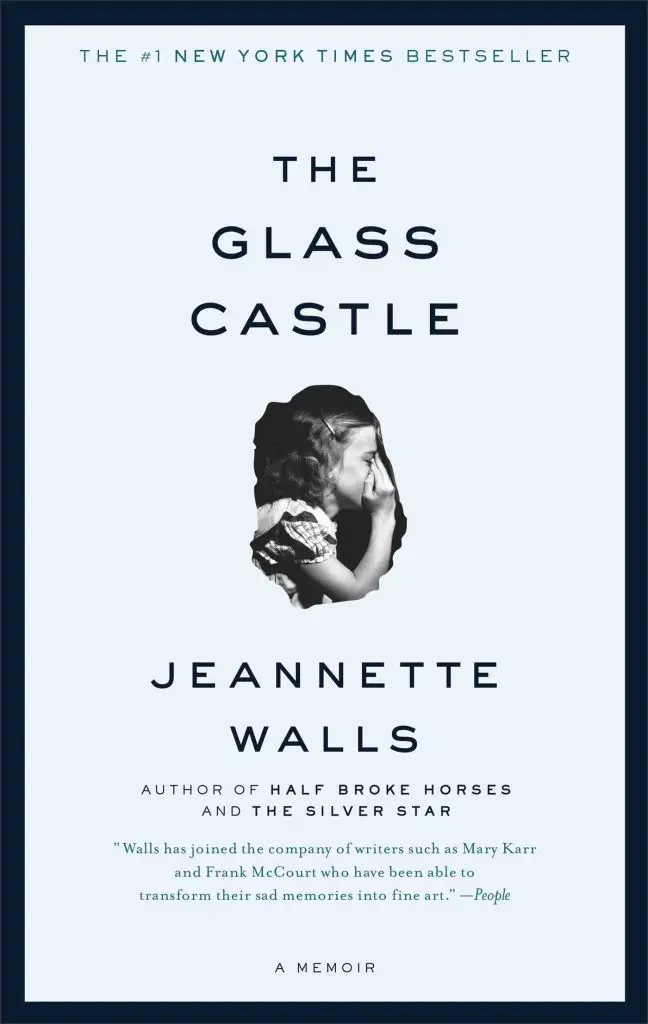
While Cretton adds a lot to Jeannette’s story, he also leaves out one major plot point—the car fiasco. This is a scene that takes place while the whole family is on the road, searching for a home. Homelessness is a recurring reality for the Walls family. They consider themselves to be innovative nomads, roaming from one place to another, leaving their mark and surviving off of basic essentials in the wild. Their particular lifestyle doesn’t necessarily lend itself to a healthy childhood environment, which Walls illustrates very clearly in one scene of the book.
Early on in the story, as the family is driving around searching for a home to claim, the dad starts driving too recklessly and the back doors of the car pop open, flinging Jeannette onto the street. Rex keeps driving on, and for a good amount of time, Jeannette sits waiting by the side of the road, scared and alone with a bloody nose. When the rest of the family finally circles back to get her, as Rex pulls the ground pebbles from her face, all he has to say to her is, “You busted your snot locker pretty good.” The entire situation turns into a big laugh. This is how most emergencies are approached in the book. Jeannette is left to fend for herself while her parents find ways to draw humor from all of the pain they cause.
Even though there are inconsistencies in what Cretton chooses to incorporate in the movie, in a lot of ways, the caliber of the acting seems to make up for it. Take Woody Harrelson, for instance. Jeannette’s dad is a firecracker, and his casting is particularly essential to the piece. Depending on his portrayal, the entire movie could either go up in flames, or inspire a cathartic, breathtaking fit of crying. For a generous amount of audience members, it’s the latter.
Harrelson pretty brilliantly taps into the complexity of Rex’s character. His role as a father is fickle. He has some warm moments, like naming stars with his kids, encouraging creativity and planning the castle with Jeannette. More often than not, though, his cold moments outweigh his warm ones. He almost drowns Jeannette while teaching her how to swim, he spends dinner money on alcohol for himself and he abuses his wife. When placed side by side, all of these scenes seem to trivialize those warmer ones. However, it takes a very specific level of awareness and perception to harness this warm to cold ratio just right, and Woody Harrelson’s got it down.
In a different way, but still just as powerfully, Brie Larson kills the acting game, too. She’s been known to play heart-wrenching roles in the other films she’s been in, and this one was obviously not an exception. There’s a reason why downtrodden characters are her typecast; she does it well. It would be easy for someone playing the role of Jeannette to fall into a one-dimensional trap, zeroing in on moments when she’s most defeated and forgetting to hone her strengths, too. Larson does a pretty thorough job approaching all of the character’s layers. Her performance is less of a Hollywood entertainment piece, and more of an organic depiction of human nature.
Overall, Cretton’s film accomplishes a lot. It speaks to each character’s coming-of-age journey, and really complexifies Jeannette’s father in a completely different light. As to whether or not it does the memoir justice? I don’t think Cretton can claim or touch the depth that Jeannette is able to provide in the telling of her own story. What he does accomplish, though, is the attempt to create his own version. What we choose to do with that totally depends on our openness to accepting a new form of narrative, and just deciding to work with the differences.
Read the reasons why real books will never beat their digital counterparts HERE


